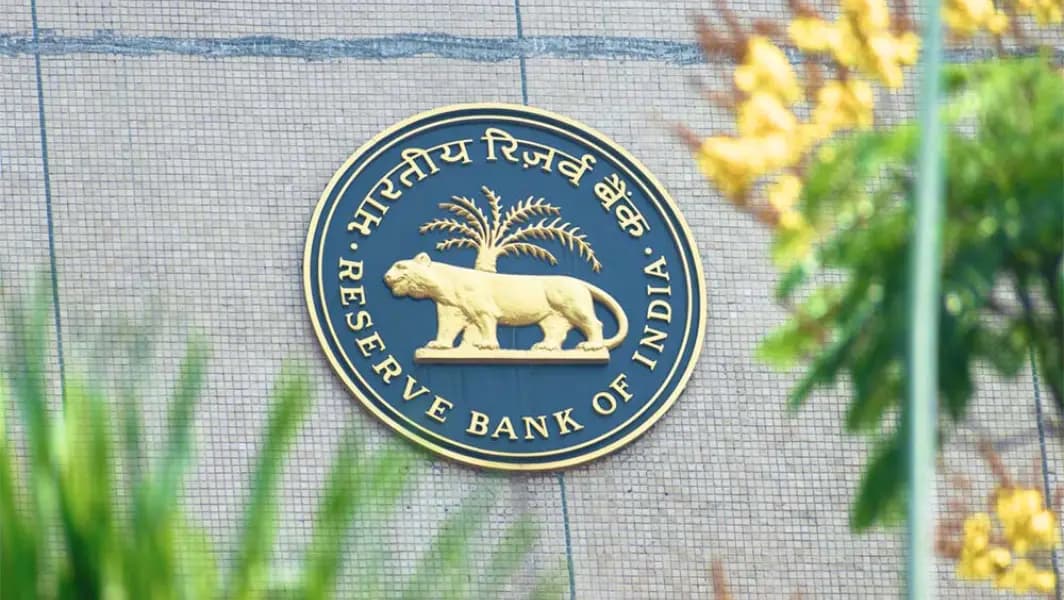
RBI and Bank of Mauritius Sign Pact for Use of Local Currencies in Bilateral Transactions
A Groundbreaking Agreement to Strengthen Bilateral Trade Between India and Mauritius
In a move aimed at enhancing bilateral trade and financial cooperation between India and Mauritius, the Reserve Bank of India (RBI) and the Bank of Mauritius have signed a historic agreement that will allow the use of local currencies for bilateral transactions. This landmark agreement is expected to reduce dependence on foreign currencies, promote trade, and facilitate smoother financial operations between the two countries.
Understanding the Agreement
The agreement between the RBI and the Bank of Mauritius allows for the use of the Indian Rupee (INR) and the Mauritian Rupee (MUR) in transactions between the two nations. Previously, most bilateral trade was conducted in major global currencies such as the U.S. Dollar (USD) or the Euro (EUR). By using local currencies, both countries aim to enhance economic integration and reduce transaction costs, offering a more efficient and cost-effective financial framework for trade and investment.
The use of local currencies in cross-border trade is seen as a step toward de-dollarization, which is gaining momentum globally. Countries are increasingly seeking ways to reduce reliance on the U.S. Dollar for international trade, as part of broader efforts to increase financial sovereignty and reduce vulnerability to external market fluctuations.
Why This Agreement Matters
This agreement is a significant milestone in India-Mauritius relations for several reasons:
-
Reduction in Transaction Costs: By bypassing the U.S. Dollar or other foreign currencies, the countries will save on currency conversion costs, which often add to the expense of international transactions. This could make products and services more affordable for businesses and consumers in both countries.
-
Strengthening Economic Ties: India and Mauritius have longstanding economic and trade ties, with Mauritius serving as a gateway for Indian businesses to access Africa. This pact will further strengthen these ties by simplifying financial transactions and making trade more seamless.
-
Boost to Trade and Investment: The ease of conducting transactions in local currencies will encourage greater investment between the two countries. Indian businesses will find it easier to invest in Mauritius, and vice versa, while trade flows will benefit from reduced exchange rate risks and increased confidence.
-
Enhancing Currency Stability: The agreement will likely contribute to the stability of local currencies by promoting their use in international trade. By enhancing the demand for INR and MUR, both currencies could see greater stability in foreign exchange markets.
Implications for India and Mauritius
For India, this agreement aligns with its broader economic strategy of enhancing global trade relations and economic partnerships. India has been actively pursuing similar agreements with other countries, including Russia and Sri Lanka, as part of its efforts to increase the use of the Indian Rupee in international trade. The deal with Mauritius, however, is particularly symbolic, as it marks a strategic step in strengthening India’s ties with a crucial partner in the Indian Ocean region.
For Mauritius, this agreement is vital as the country is positioning itself as a financial and trade hub in the region, particularly for Indian businesses. With its tax incentives and favorable trade agreements, Mauritius has long been a gateway for Indian companies to enter the African market. The use of local currencies in transactions could further strengthen Mauritius' role as an economic bridge between India and Africa.
The Bigger Picture: Global Trends in Currency Diversification
The move to use local currencies for bilateral transactions reflects a growing global trend toward currency diversification. In recent years, countries like China, Russia, and Iran have taken steps to reduce their reliance on the U.S. Dollar in international trade, opting to use their own currencies or regional currencies instead. These efforts are part of a broader strategy to gain greater control over economic relations and reduce reliance on the U.S.-dominated global financial system.
India, as one of the world’s largest economies, has actively promoted the use of the Indian Rupee in trade deals. The move with Mauritius is part of India's ongoing push to internationalize the rupee and increase its use in bilateral trade across Asia, Africa, and beyond.
Looking Forward: The Future of Local Currency Transactions
This historic agreement between the RBI and the Bank of Mauritius marks an important step in fostering greater economic cooperation between the two nations. If successful, this model could be replicated with other countries in the region, creating a network of local currency settlements that could shift the global trading landscape.
In the coming years, India and Mauritius could expand their partnership to include other sectors such as tourism, financial services, and technology, supported by a more streamlined financial system. Additionally, if this arrangement proves effective, it could encourage other small and medium-sized countries to consider similar agreements, reducing their dependence on major global currencies and strengthening their economic independence.
Conclusion
The agreement between the Reserve Bank of India and the Bank of Mauritius to use local currencies for bilateral transactions represents a forward-thinking approach to trade and economic relations. By reducing reliance on the U.S. Dollar and promoting the use of the Indian Rupee and the Mauritian Rupee, both nations stand to benefit from cost savings, economic integration, and greater financial sovereignty. This landmark agreement sets the stage for closer ties between India and Mauritius and could serve as a model for future trade relations globally.
For any enquiries or information, contact info@thelawreporters.com or call us on +971 52 644 3004. Follow The Law Reporters on WhatsApp Channels